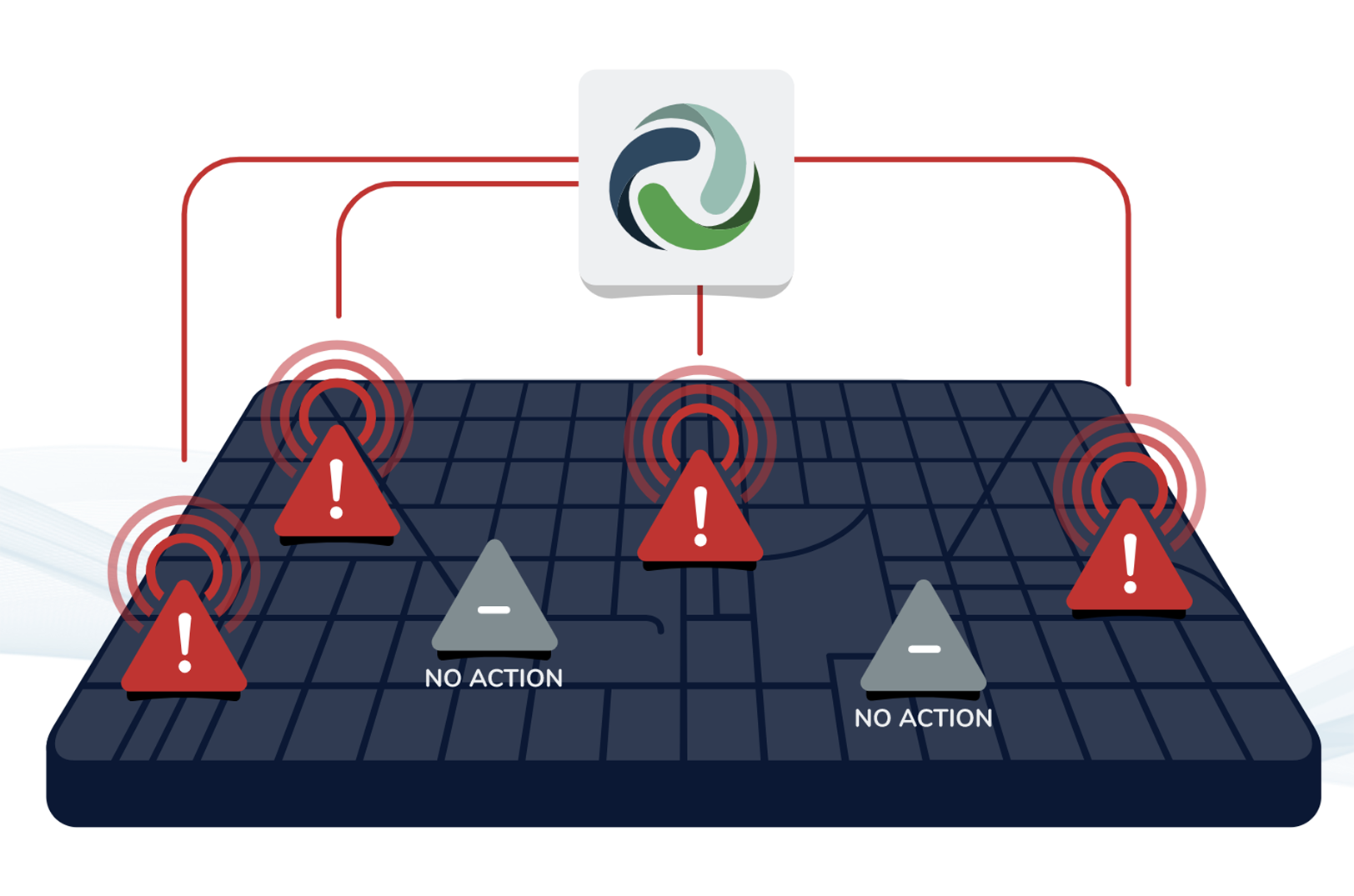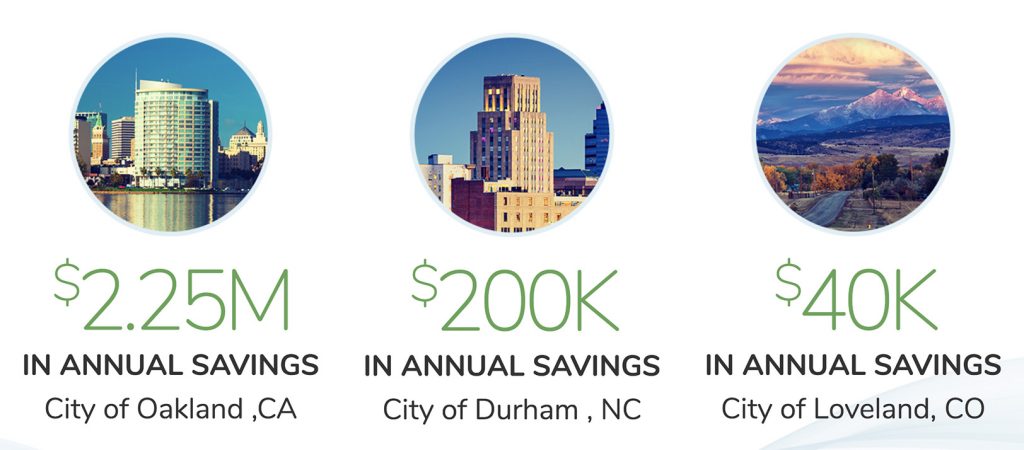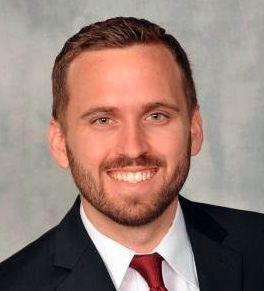Editor’s note: The following is part of Startland News’ ongoing coverage of the impact of Coronavirus (COVID-19) on Kansas City’s entrepreneur community, as well as how innovation is helping to drive a new normal in the ecosystem. Click here to follow related stories as they develop.
While fears over the economic impact Coronavirus (COVID-19) could have on small businesses are real, Kansas City-based Daupler is attracting new customers at an unexpected rate, said John Bertrand.
Daupler’s elevator pitch: Daupler is a fully customizable software platform built by down-to-earth people with a passion for public works and utilities. The team has worked with cities – large and small, all across the country – to implement Daupler within days and help them perform at levels they never thought possible in the areas sewer, water, streets, storm, power and gas.
“We’re receiving a lot of interest from prospects — people that we’ve talked to previously that were waiting for a budget cycle to come around,” Bertrand, Daupler CEO, explained of rising demand for the GovTech startup’s public works efficiency platform — which streamlines response processes for utilities and provides operational insights that tie into existing customer service and work order management systems.
Click here to learn more about Daupler — which was recently backed by KCRise Fund II and ranks as one of Kansas City’s Top VC-Backed Companies. The startup also was a member of the 2018 Techstars Kansas City cohort.
“I feel like [clients] would agree that [COVID-19] kind of caught them off guard, but they’re doing a great job of reacting,” he said.
With the reality of a pandemic beginning to sink in for municipalities, cities with approved emergency budgets are now looking to Daupler as a necessary, long-term solution for providing customers with efficient systems and transparent processes, Betrand said.
“One of the benefits of being a startup is you can move pretty damn quick,” he added, noting the company’s response to clients who are looking to activate Daupler as fast as they can.
“They’re used to waiting for about a year for the incumbent software companies in our space. … We have proof [we can work faster]. We got the city of Oakland, California, going in six days,” he explained of the frame which included everything from a customer demo to full installation of the software — all on emergency authorization.
“A lot of the pain that our customers experience revolves around their reliance on human resources. A lot of them are just throwing humans at solving problems,” Bertand said. “We go to cities and help them use software as a resource.”
Active in more than 10 states, Daupler is currently deployed in such nearby cities as Springfield, Olathe and Wichita where civic leaders are using the platform to manage crews and document what’s happening when disaster strikes.
“Where we initially help [cities] is after hours. That’s where they have the biggest need,” he said of Daupler’s standard use.
“Now you have city-office staff that are working from home or working remote. … now cities are looking to have an after-hours procedure 24/7,” Bertrand continued. “So they’ve immediately found this massive problem or even demand for, ‘How do we handle daytime operations when we have limited staff?’”
To date, about a dozen municipalities have reached out to Daupler for guidance since the COVID-19 outbreak began making headlines, Bertrand said.
“They’re just trying to stay afloat. … There are some obvious ways we can help them,” he said.
“We’re helping them understand what’s possible within our platform, but also what other agencies are doing, because these government agencies have a hard time communicating with one another so we can help them kind of aggregate what’s happening and what other agencies are doing around the country.”
Beyond a bump in sales for Daupler, a new normal could emerge in the wake of COVID-19, providing small businesses owners and founders with a path forward amid hardship, Bertrand said.
“This is an opportunity for entrepreneurs and startups to go to companies that otherwise would be very turned off by virtual meetings, by video conference calls and try to make these types of meetings the new norm,” he said of ways founders could hunker down in a time of social isolation and expand their networks.
“To me it’s not just about making a buck. This is about trying to help people at scale and if this allows us to have an opportunity to help more people because there’s more of a need, that’s a win for everybody. That’s why we started this business in the first place,” he said.
This story is possible thanks to support from the Ewing Marion Kauffman Foundation, a private, nonpartisan foundation that works together with communities in education and entrepreneurship to create uncommon solutions and empower people to shape their futures and be successful.
For more information, visit www.kauffman.org and connect at www.twitter.com/kauffmanfdn and www.facebook.com/kauffmanfdn










































